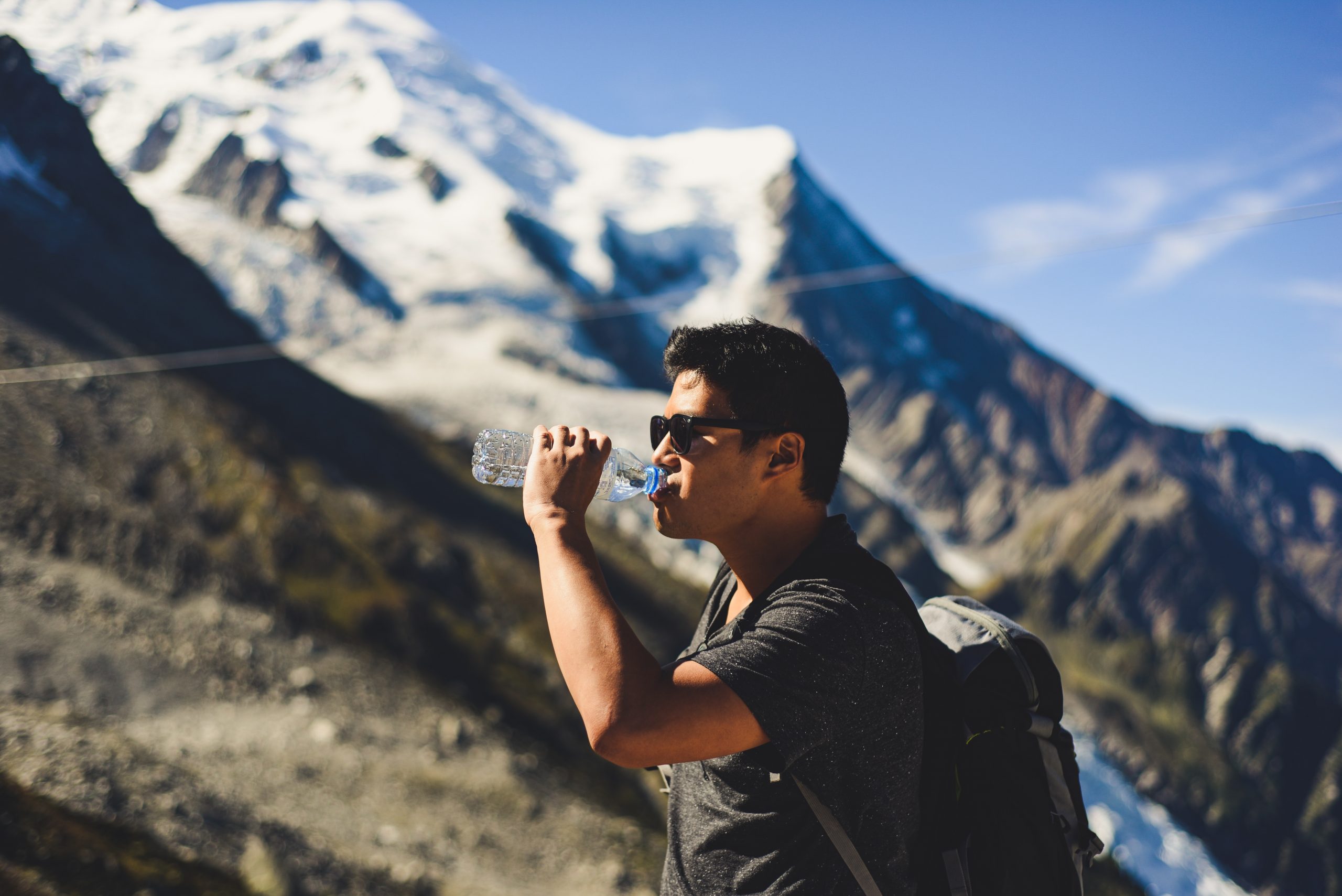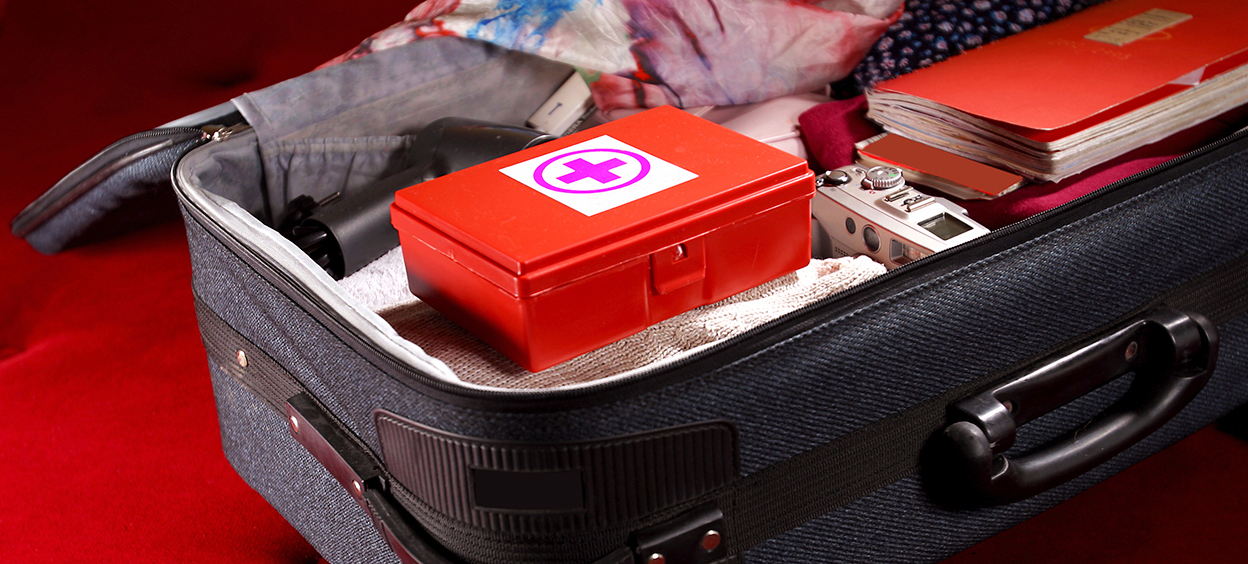7 Important health tips to consider when travelling abroad

Travelling abroad exposes you to all kinds of new health risks. It’s important that you prepare for these risks so that they don’t ruin your trip.
Below are just a few important health tips that will help you to stay safe.
Bring some first aid supplies
Remember that being in possession of the basic first aid skills could prove to be lifesaving when you are travelling. Knowing how to perform CPR, stop severe bleeding or treat signs of shock might be the Skills You Need to not only save yourself but also your loved one and a stranger.
To be honest, when you learn these skills, you will automatically learn about the importance of a first aid kit. You will understand why a first aid kit is worth bringing with you when travelling.
That said, though most hotels, restaurants and shops will have first aid supplies, you may not always have access to these buildings when travelling abroad – especially if you’ve got lots of outdoor activity plans. That is why keeping one with yourself could prove to be beneficial.
You can buy travel first aid kits, or you can assemble your own first aid kit. Things to include in this kit include plasters, bandages, medical tape, gauzes, antiseptic liquid, tweezers and scissors.
Pack your medication
It’s also important to pack any medication that you may need, such as contraception or pain relief medicine. Start by considering your prescription medication – make sure that you’ve got enough to last the duration of your travels. If you run out, you may have to search “walk in clinic near me” and get a new prescription there because some pharmacies will not issue emergency prescription supplies to tourists. Over-the-counter medicines to bring could include pain relief medication, motion sickness medication, antihistamines, and diarrhea pills.
 Watch your alcohol intake
Watch your alcohol intake
Many injuries on vacation are caused by people having accidents while under the influence of alcohol. Heavy drinking can also increase the risk of dehydration in a hot country. All in all, it’s important to watch how much you’re drinking when in a foreign country – drinking can be fun, but it’s important to know your limits. Instead of alcohol, opt for alternatives like cannabis (provided that it’s legal for recreation) which can not only get you high, but also doesn’t cause hangovers or any other awful side effects. Consider using a dry herb vaporizer for some discreet vaping, and have fun! However, it’s important to know your limits with this, too.
Drink enough water
Dehydration can be a big danger when in a hot country. It can lead to heat cramps, headaches, heatstroke and even seizures if allowed to get severe. Make sure that you’re drinking plenty of fluids throughout the day to prevent this. Your body may not react well to tap water in some countries, so make sure to stock up on bottled water.
Beware of bugs
You should be careful of bites and stings from insects in certain countries. Bugs like mosquitoes may carry potentially deadly diseases like malaria in some countries. Others may be venomous. Generally speaking, you won’t encounter these bugs in urban areas, however, when staying in rural areas you’re more likely to be exposed to them. Spraying yourself with bug spray can help to ward them off. You can also use mosquito nets to keep out bugs while sleeping. Finally, consider taking medication like malaria tablets when going to high-risk malaria zones (you can research these zones online).
Stay safe in the sun
If you’re travelling somewhere very hot, you should take care in the sun. On top of heatstroke, you can run the risk of developing sunburn by spending long periods in the sun. If you’ve got fairer skin, make sure to wear sun cream. Avoid using low-factor sun cream on fairer skin as this generally doesn’t have any impact.

Find out the local emergency number
If you experience a medical emergency in another country, it’s important that you know who to call. A lot of people go abroad and don’t look up the local emergency contact number, so they have no way of knowing who to call in an emergency. You can find this information online.

